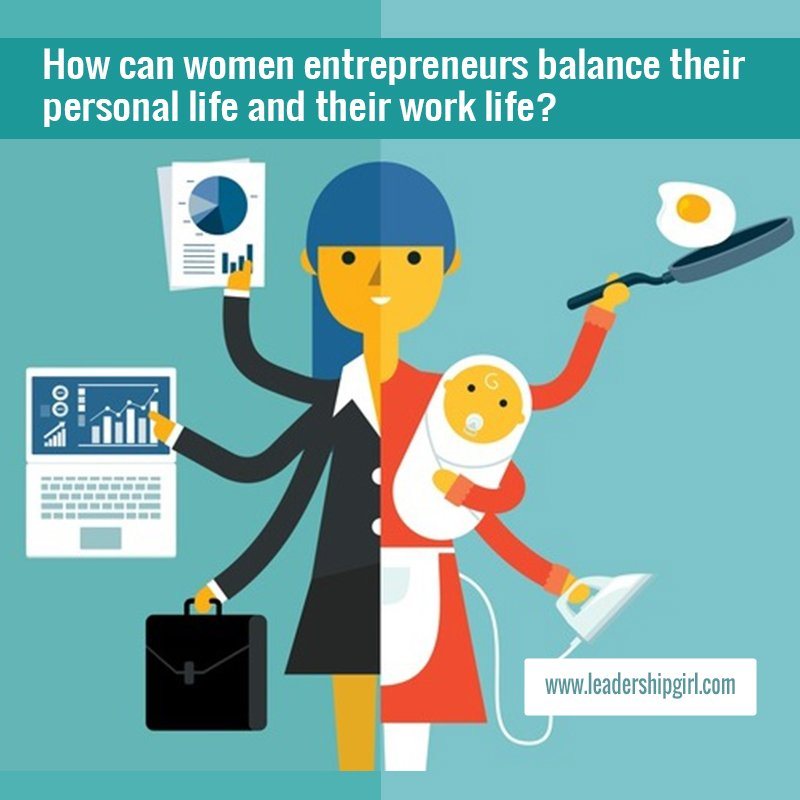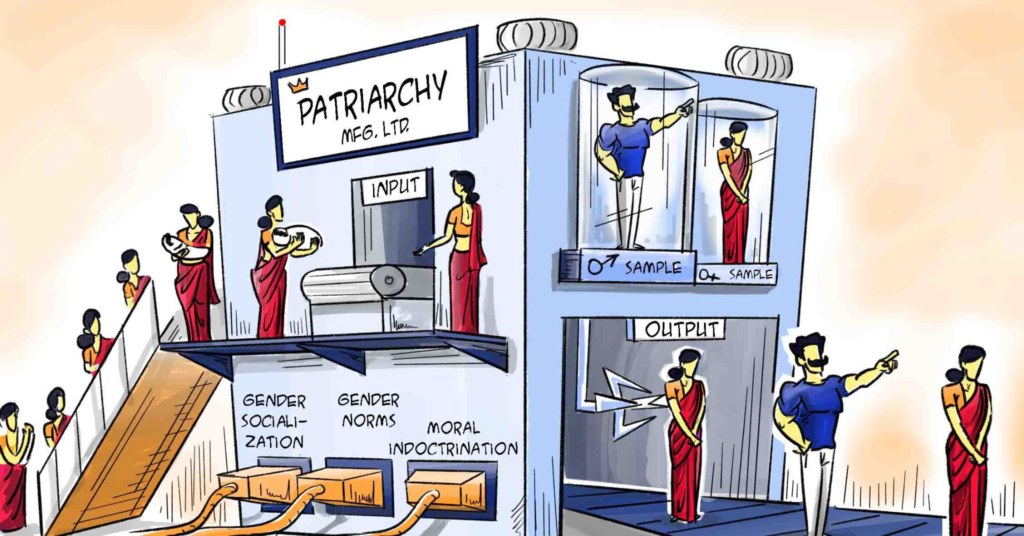“Three years after marriage, my mother started her career as a teacher. The decision was not taken because of financial difficulties, but because she wanted to make a place for herself. Work-life balance was indeed a myth. She struggled every day to be the best parent as an independent woman. Never in those 14 years of her career did she neglect me or let my studies get affected because of her lack of presence at home and in my life. She tried to be the best mother, wife and daughter, every single day of her life. But she had to leave her job in 2009 as the ongoing conflict of how to focus her energy and time took the best of her”.

Women make sacrifices every day for their career aspirations. It often takes the back burner and family becomes the first priority.
For most working mothers, the challenge of juggling work and life continues to be a front-burner issue. Women are the ones who adjust and make compromises be it their schedules or to cater to the needs of their children and family members.
But what is the reason for this trend? One of the most common ones is gender roles. Men and women work together to build societies, yet women have been targeted and exploited in numerous ways. The perception, status and roles that women were meant to foster have evolved over time but they still bear the brunt of the traditional gender roles. Women are natural leaders. In research on primitive tribes in Papua New Guinea, anthropologist Margret Mead in 1935 found that in the Tchambuli tribe there was a reversal in the initial gender roles.
Women would work while simultaneously caring for their families, while men would spend their time adorning themselves. Women were the leaders here, and they continued to lead the tribe.
In the 21st century, women have immense opportunities and options open in front of them in every aspect of life starting from their education, to the career fields they want to choose but there is a huge gap in the labour force trends. While they have the qualifications and education to climb up the corporate ladder, they still devote more time than men on average household work and child care. Even if a woman is “allowed” to work she is expected to look after the house and make sure it runs smoothly.

Another factor can be the way in which society perceives the bond between a mother and her child. Women believe that they should not follow the traditional notion of women staying at home, but when asked what is best for young children, very few adults ( 16%) stated that an independent mother who works full time is the “ideal situation”. 33% said that a stay- at home is the ideal situation for young children( Pew Research survey, 2012).
This clearly highlights the way every girl is conditioned to look after her family and children when she grows up and gets married, even at the cost of comprising her needs. Our society promotes and supports the idea of a mother staying at home and catering to everyone’s needs because that’s what’s been happening for centuries. Women were oppressed by patriarchal culture, denied access to education, and forced to do home chores. Joseph pleck (1979) conducted research on general value perspectives on men’s family work (i.e., their housework and childcare).

From the traditional perspective, men are viewed for having a relatively little responsibility when it comes to family work than women with justification provided by role differentiation, exchange, and resource theories. Very rarely do we see fathers taking time off from their work in order to be there for their family members? We live in a society that demands that women deserve equal opportunity to pursue their passions in all areas of life, yet flooding us with messages about women’s fundamental duties as mothers and caregivers.
Comments like “ a good wife or a good mother are the ones who know how to adjust, to make a relationship work you must adjust ” doesn’t come as a shock now. These casual patriarchal phrases make us question a lot of things but unfortunately, they often go unheard or sometimes backfires.

Prioritising the family over oneself is a symbol of duty and values a woman has towards her family, culture and religion and the traditional socio-economic structures and values are still strong in Indian society. As a result, the ideal condition is not always the most realistic or accessible in reality. It’s past time for us to stop romanticizing women who are victimized by internalized patriarchy. Our patriarchal culture merely needs to recognise that a woman’s personal choices are her fundamental rights, which she can exercise whenever she desires.
Blog By : Nishtha Nayyar

